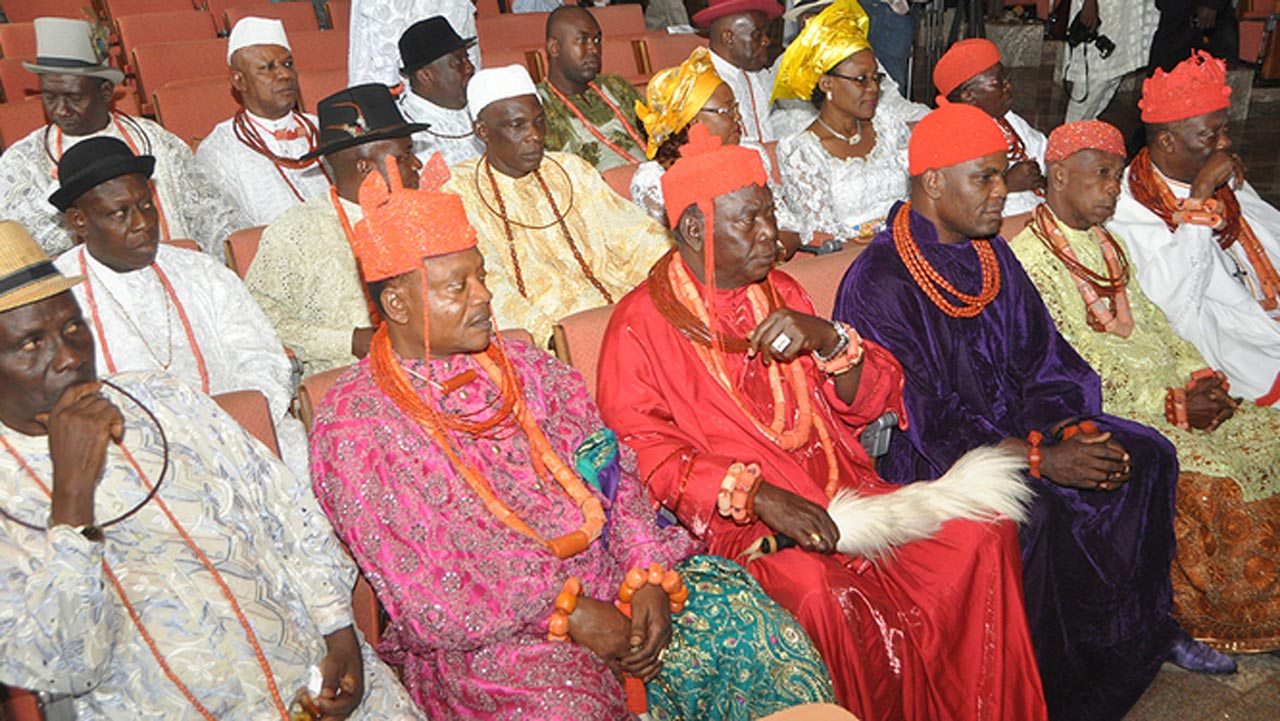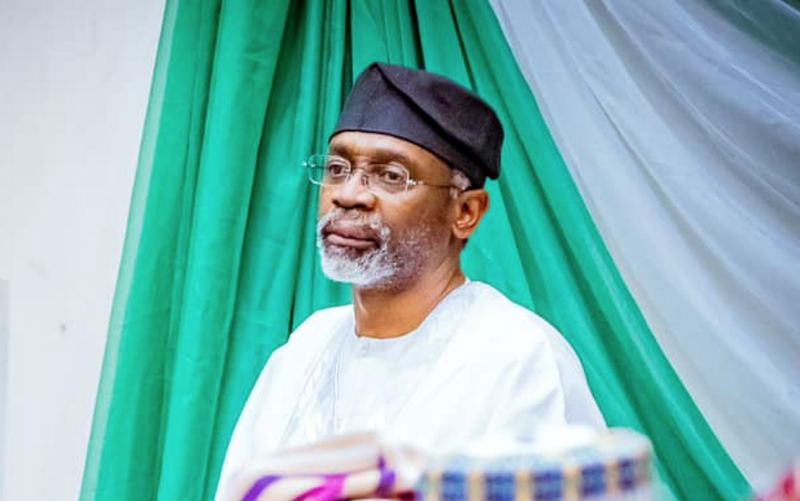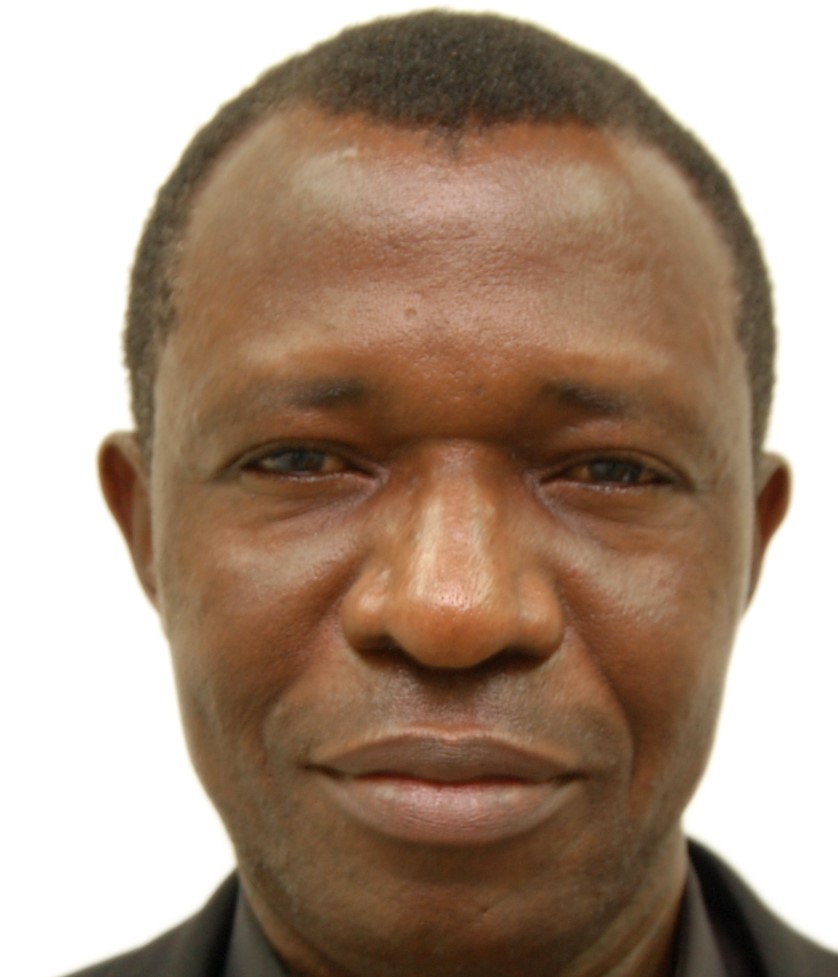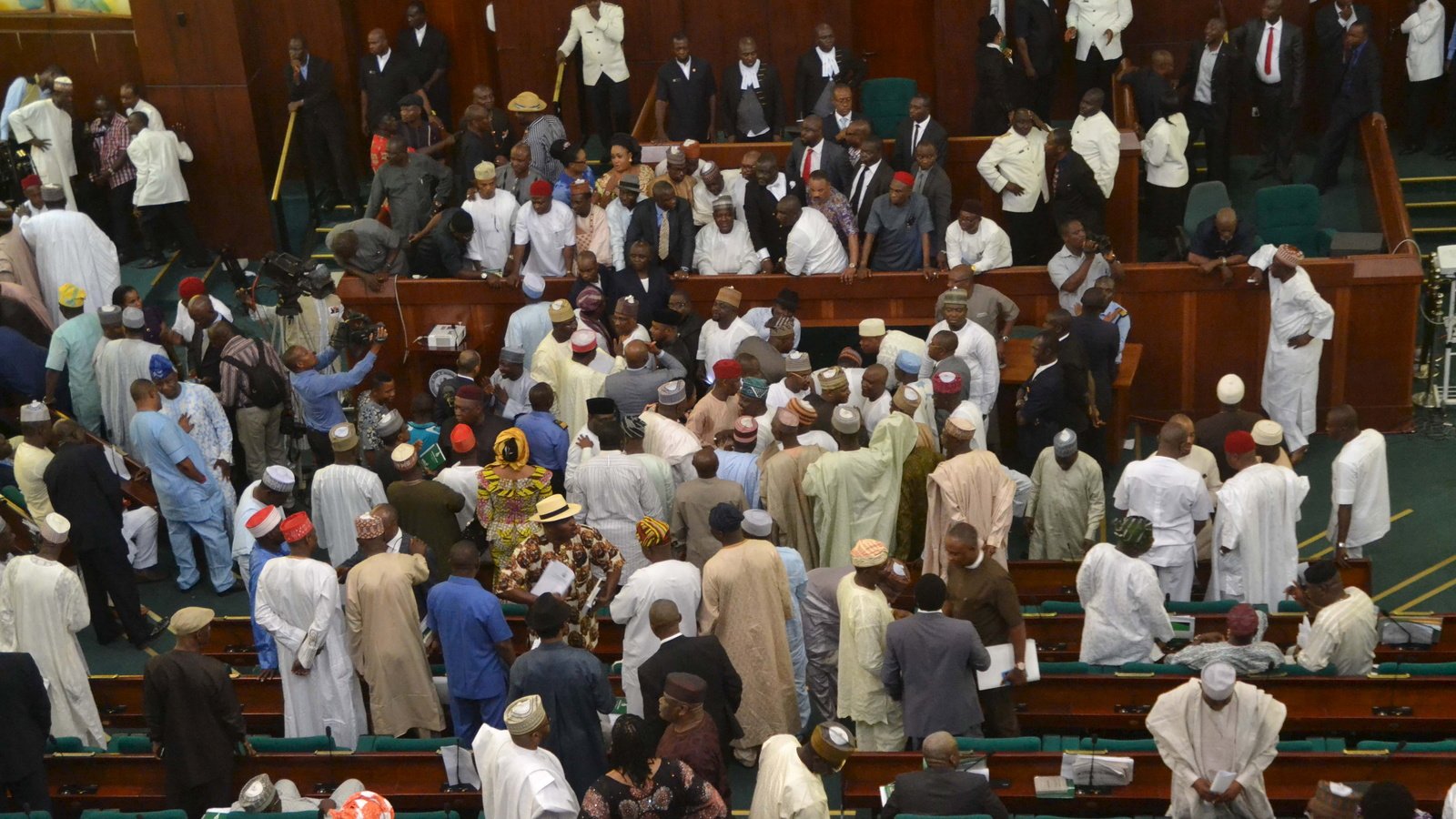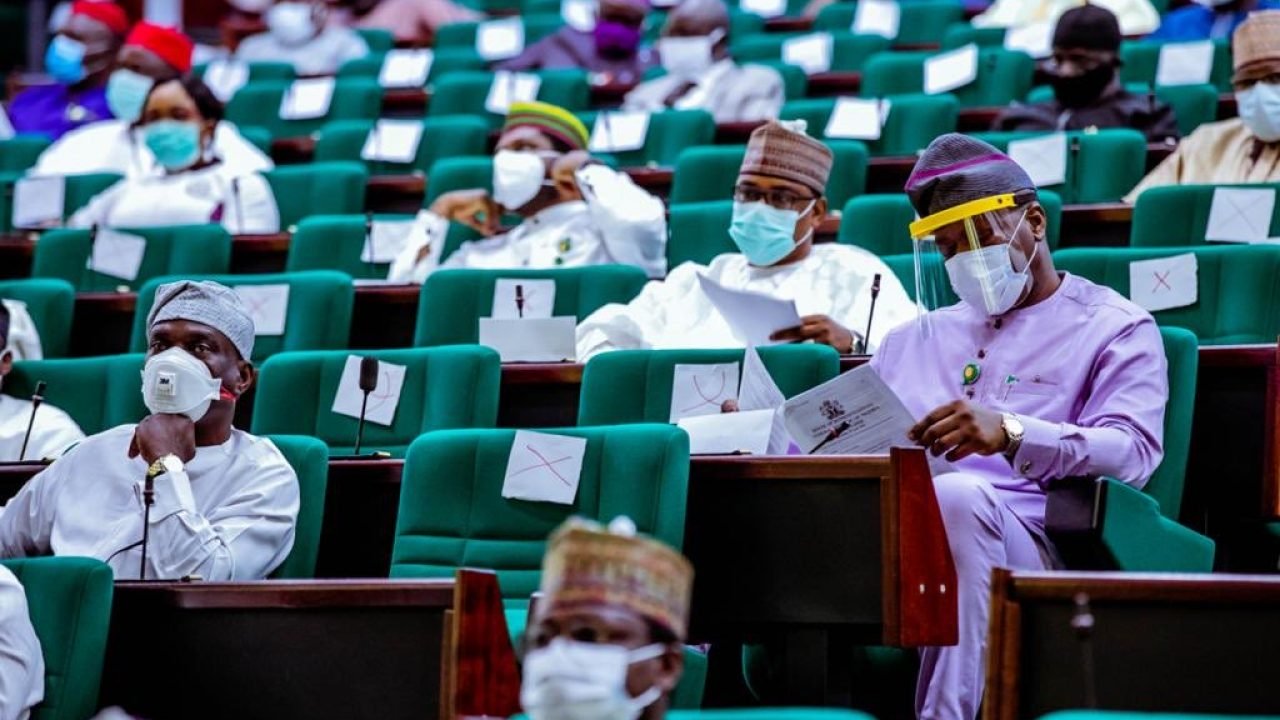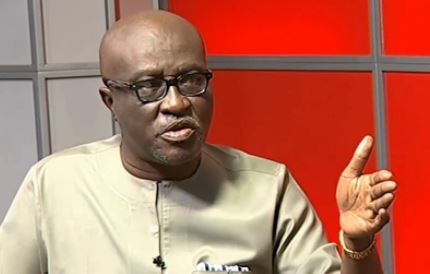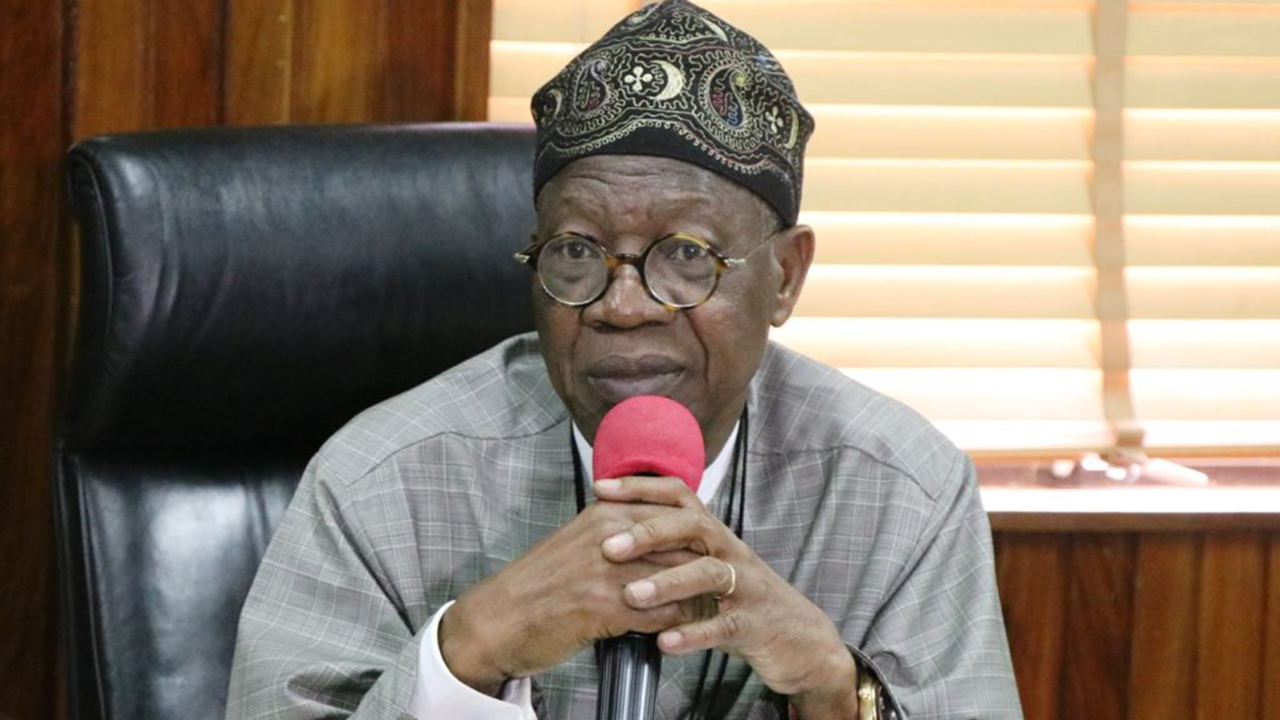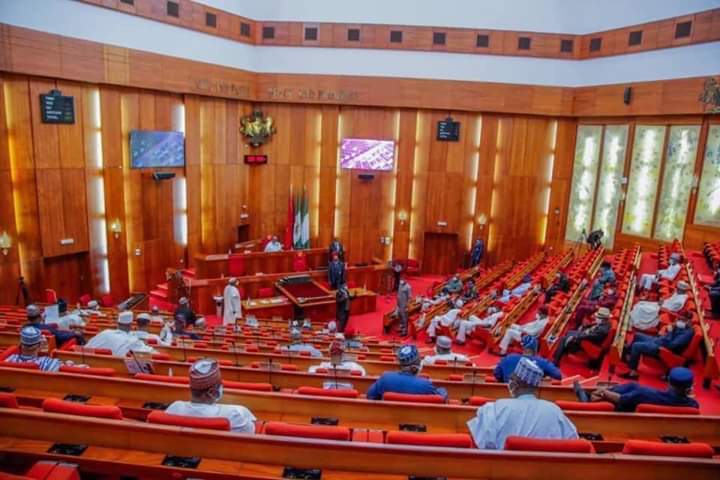…asks NASS to rise above ethnic prejudice by throwing out this divisive bill
…call on all Urhobo reps in NASS, sons and daughters across N/Delta to snub bill
The Urhobo Renaissance Society, URS has rejected the proposed Water Resources Bill largely described in many as an acidic bill that will further divide Nigeria if not dropped by the National Assembly.
TheNewsGuru.com, (TNG) reports this was contained in a statement issued and co-signed by President of the group, Prof Hope Eghagha and its General Secretary, Dr John Uwa.
The group without equivocation stated that: “Sadly it is our view that the bill if passed into law, will not in any way be in our interest as people, but would further fertilise more grounds for mutual suspicions, conflicts and disunity to sprout.
“While we are intending to trust the Federal Government to do the right thing in the overall interest and unity of Nigeria, it is our considered view that the move to take over our territorial waters and rivers through some legislation smuggled through the back door into our constitution will further dent the reputation of the Federal Government as one with ethnic leanings.
“Such a bill will not only become a recipe for national disintegration and tension but will all provide a legitimised template for ‘robbing Peter to pay Paul’; and also portraying the Federal Government as either playing an ethnic card or trying to fan the embers of ethnic superiority, prejudice, and violent conflict.
“We would like to dissuade the Federal Government from pursuing this divisive bill by reminding it of violent conflicts resulting from provocative claims of waterways across the world; the multiple water dispute in Iran and Afghanistan, Pakistan’s tireless fight with India over the Indus river, the perennial threat of Fulani herdsmen to take over our waterways and farmland by killing our farmers and fishermen are all good reason to justify our fears and rejection of this obnoxious National Water Resources Bill.
“Therefore, after extensive study of the situation, and due consultations with our people, we the members of Urhobo Renaissance Society (URS), the entire Urhobo Nation, and the good people of Delta State make the following pronouncement:
1. We consider the bill as divisive and designed to empower a section of the country over our people in our land; therefore, we reject the Bill in its entirety;
2. We call on the State Government to rise to its responsibilities as enshrined in the state laws to protect to territorial integrity and waters of Delta State;
3. We call on the Federal Government to prove its neutrality by withdrawing the bill forthwith;
4. We call on the State Government, Traditional Rulers and other stakeholders for good and responsible governance in Nigeria to reject the divisive bill;
5. We call on all Urhobo Representatives, all Delta State Representatives, and indeed all Representatives of Niger Delta extraction in the National Assembly to reject the bill in unambiguous terms;
Read full release below:
URHOBO RENAISSANCE SOCIETY (URS)
(EGBA R’OKUGBE)
PRESS RELEASE
URHOBO RENAISSANCE SOCIETY (URS) REJECTS THE PROPOSED NATIONAL WATER RESOURCES BILL BY THE FEDERAL GOVERNMENT OF NIGERIA
Our attention has been drawn to the proposed National Water Resources Bill presented before the National Assembly by the Federal Government, proposing to make all the territorial and inland waters of the nation the property of the Federal Government when passed into law. Unfortunately, we are surprised that anyone would be proposing such an obnoxious bill at a time when oil-producing states are agitating and contesting the ownership claim of our God-given oil by the Federal Government. Even more disturbing is the fact that the bill is coming at a time when the country is threading a fragile ethnoreligious path beclouded by mutual suspicions. As a riverine ethnic nationality, whose commercial life is prominently defined by aquatic life and activities, we have had to look, very deeply, at the bill and its deeper implication for both our existence as a people and its effects on our continuous allegiance to the Federal Republic of
Nigeria. Sadly it is our view that the bill if passed into law, will not in any way be in our interest as people, but would further fertilise more grounds for mutual suspicions, conflicts and disunity to sprout. While we are intending to trust the Federal Government to do the right thing in the overall interest and unity of Nigeria, it is our considered view that the move to take over our territorial waters and rivers through some legislation smuggled through the back door into our constitution will further dent the reputation of the Federal Government as one with ethnic leanings. Such a bill will not only become a recipe for national disintegration and tension but will all provide a legitimised template for ‘robbing Peter to pay Paul’; and also portraying the Federal Government as either playing an ethnic card or trying to fan the embers of ethnic superiority, prejudice, and violent conflict.
We would like to dissuade the Federal Government from pursuing this divisive bill by reminding it of violent conflicts resulting from provocative claims of waterways across the world; the multiple water dispute in Iran and Afghanistan, Pakistan’s tireless fight with India over the Indus river, the perennial threat of Fulani herdsmen to take over our waterways and farmland by killing our farmers and fishermen are all good reason to justify our fears and rejection of this obnoxious National Water Resources Bill.
Therefore, after extensive study of the situation, and due consultations with our people, we the members of Urhobo Renaissance Society (URS), the entire Urhobo Nation, and the good people of Delta State make the following pronouncement:
1. We consider the bill as divisive and designed to empower a section of the country over our people in our land; therefore, we reject the Bill in its entirety;
2. We call on the State Government to rise to its responsibilities as enshrined in the state laws to protect to territorial integrity and waters of Delta State;
3. We call on the Federal Government to prove its neutrality by withdrawing the bill forthwith;
4. We call on the State Government, Traditional Rulers and other stakeholders for good and responsible governance in Nigeria to reject the divisive bill;
5. We call on all Urhobo Representatives, all Delta State Representatives, and indeed all Representatives of Niger Delta extraction in the National Assembly to reject the bill in unambiguous terms;
6. We call on the leadership of the National Assembly to rise above ethnic prejudice and provide quality leadership by throwing out this divisive bill
7. We call for a public hearing of the bill so that the people concerned can have a direct say in a matter that will affect their lives;
8. We reiterate and reaffirm that the bill if passed into law, will be met with stiff rejection and opposition in Urhobo land; because we are unwilling to give an inch of our ancestral land and its waters away for RUGA in the disguise of National Water Resources Bill.
Long Live Urhobo Renaissance Society
Long Live Delta State
Long Live the Federal Republic of Nigeria
Signed
Prof. Hope Eghagha Dr John Uwa
(President) (Genera Secretary)
